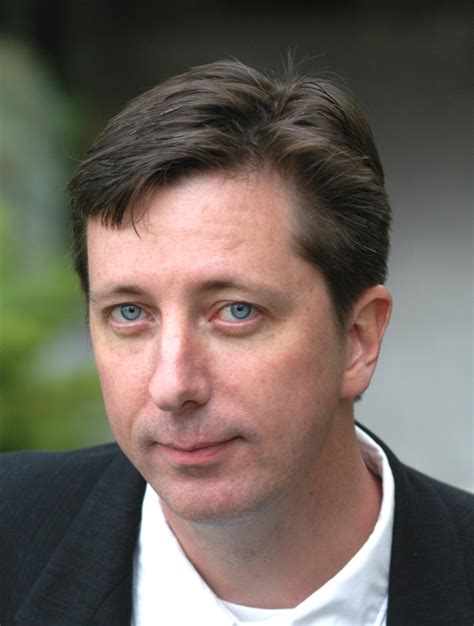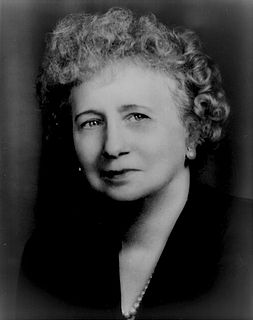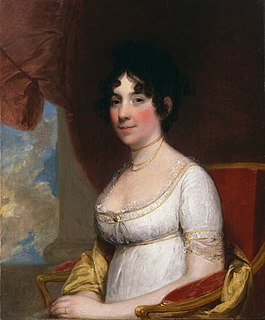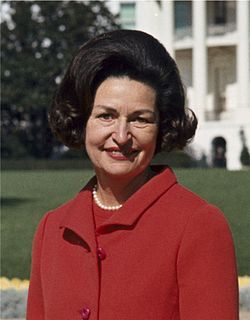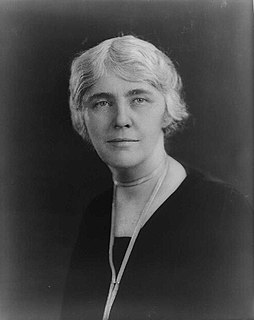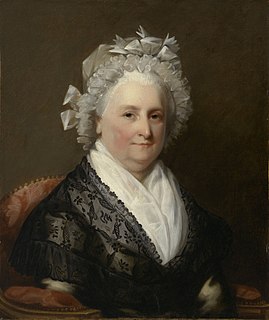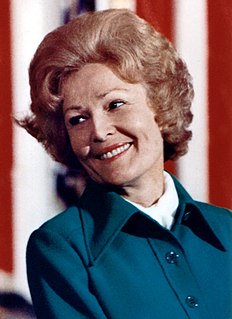A Quote by Eleanor Roosevelt
Anyone who knows history, particularly the history of Europe, will, I think, recognize that the domination of education or of government by any one particular religious faith is never a happy arrangement for the people.
Related Quotes
Thanks in large measure to the ACLU, the belief that there is a wall of separation between faith and state, not just church and state, is endemic. The exercise of religious faith in the public square is not prohibited; only the federal imposition of a particular faith. Hardly anyone any longer knows the difference.
If you look back at history or you look at any place in the world where religious groups or ethnic groups or racial groups or political groups are killing each other, or families have been feuding for years and years, you can see - because you're not particularly invested in that particular argument - that there will never be peace until somebody softens what is rigid in their heart.
It is not clear to anyone, least of all the practitioners, how science and technology in their headlong course do or should influence ethics and law, education and government, art and social philosophy, religion and the life of the affections. Yet science is an all-pervasive energy, for it is at once a mode of thought, a source of strong emotion, and a faith as fanatical as any in history.
There's a lot we should be able to learn from history. And yet history proves that we never do. In fact, the main lesson of history is that we never learn the lessons of history. This makes us look so stupid that few people care to read it. They'd rather not be reminded. Any good history book is mainly just a long list of mistakes, complete with names and dates. It's very embarrassing.
What I think it's important to recognize in today's world is that all of our societies are multiethnic, multi-religious and multicultural. And that is a positive thing. That's a richness, and also strength. But we also have to recognize that, for those societies to be harmonious, there is a lot of the investment that needs to be made in social cohesion and inclusivity. But the important thing to recognize, and particularly Europe, most of the terrorist attacks are not done by people that came from the outside. They are homegrown.
The introduction of the Christian religion into the world has produced an incalculable change in history. There had previously been only a history of nations--there is now a history of mankind; and the idea of an education of human nature as a whole.--an education the work of Jesus Christ Himself--is become like a compass for the historian, the key of history, and the hope of nations.
I'm sure the government of Qatar is not coming in to grow food for the people of Kenya; it's coming to grow food to sell. If it can also sell to the people of Kenya, well, then good. I think that the moves can be helpful, but I think that the history that Africa knows, as I say in my book, has been a history of exploitation.













